Dive into a collection of articles that amplify neurodivergent voices, support a more thorough understanding of neurodiversity, and challenge common misconceptions.
Month
- February 2026
- January 2026
- December 2025
- November 2025
- October 2025
- September 2025
- August 2025
- July 2025
- June 2025
- May 2025
- April 2025
- March 2025
- February 2025
- January 2025
- December 2024
- November 2024
- October 2024
- September 2024
- August 2024
- July 2024
- June 2024
- May 2024
- April 2024
- March 2024
- February 2024
- January 2024
- December 2023
- November 2023
- October 2023
- September 2023
- August 2023
- July 2023
- June 2023
- May 2023
- April 2023
- March 2023
- February 2023
- January 2023
- December 2022
Author
- Abs S. Ashley
- Adam Fare
- Aimee Fletcher
- Aisling Sheehy
- Andreia Costa
- Ann Memmott
- Antonia Aluko
- Bethan Warner
- Beverley Samways
- Brendan Maguire
- Callum Stephen Howes
- Cassandra Lovelock
- Charli Clement
- Chloe Webster-Harris
- Claire
- Cos Michael
- Darren O'Reilly
- Dr Catherine Crompton
- Dr Virginia Carter Leno
- El Dewar
- Elise Guthrie Stirling
- Emily Wooden
- Emily Lees
- Emily Katy
- Emma
- Emma Nielson
- Grace Lee
- Harriet Axbey
- Hat Porter
- Helen Edgar
- Iqra Babar
- Jill Corbyn
- Kai Schweizer
- Katrine Callander
- Kay Louise Aldred
- Krysia Waldock
- Kyra Thompson
- Lizzie Smith
- Lou Chandler
- Lucy Gilbert
- Meena Kumari
- Molly Anderton
- Molly Siobhan Parker
- Nick Ransom
- Reesha Zahir
- Remie Colledge
- Rhiannon Williams
- Rod Landman
- Rose Matthews
- Sarah Douglas
- Sarah Boon
- Sascha Bellamy
- Sophie Broadgate
- Stop Oxevision
- Thomas Barnett
- Tina
- Trauma Geek
- Victoria Denham
- Warda Farah
- Zoë Austin

How Positive Behaviour Support silences and occupies the body
In this ‘AGAINST PBS & ABA’ campaign blog, NdC’s Development Lead, Kay Louise Aldred, explores how behaviourist approaches like PBS can become a system that silences and occupies the body, enforcing compliance over wellbeing.

Positive Behaviour Support: discovery, reflection and radical rethinking
In this blog, NdC’s Development Lead, Kay Louise Aldred, shares her journey of learning about PBS and ABA and explores how her developing knowledge has led to deep reflection and radical rethinking.
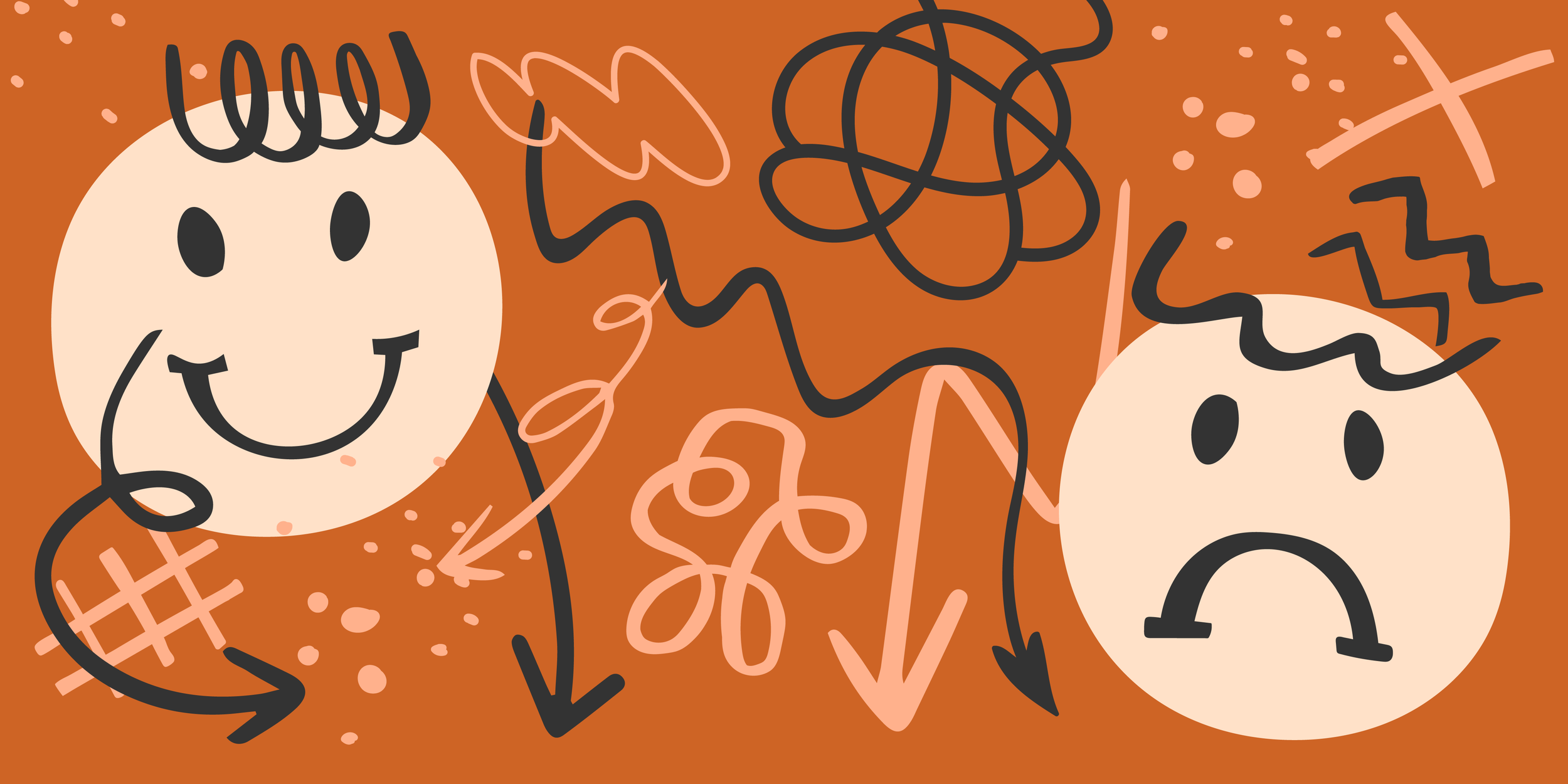
Exploring the connections: dysregulation, burnout, and mental health
In this blog, Remie Colledge, Guest Contributor, shares reflections on her lived experience of mental health recovery, exploring the connections between cycles of dysregulation, Autistic burnout, relapse and recovery.
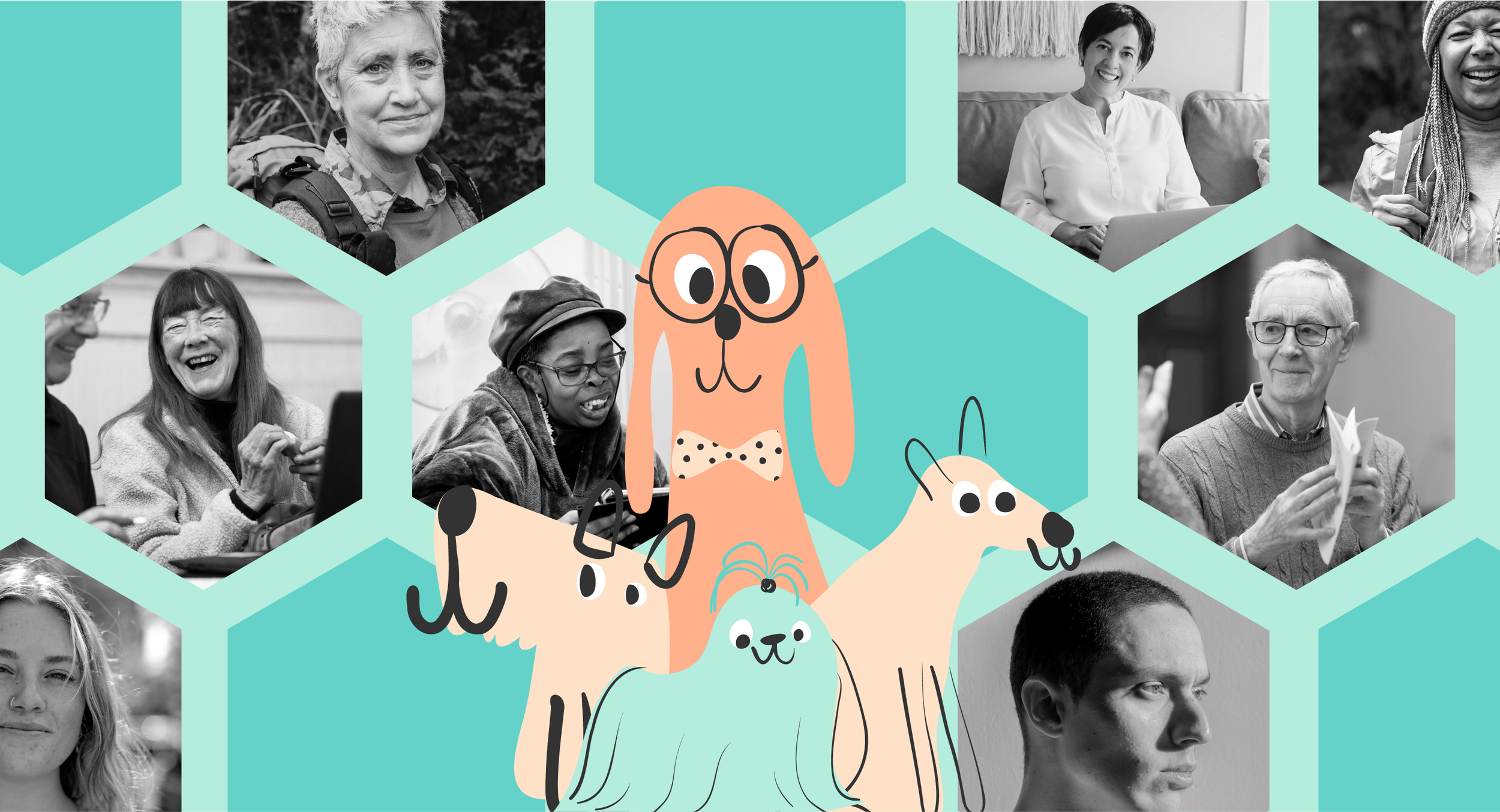
Neurodivergent Wellbeing Approach Training: better than a New Year’s resolution!
Kay Louise Aldred introduces the benefits of Neurodiverse Connection’s Neurodivergent Wellbeing Training. This holistic, well-being focused training programme is open to neurodivergent individuals, their families and friends, as well as professionals including hospital teams, community teams, educators, third sector groups. NdWA training comprises eight online sessions, running from 30 January—26 March 2024.

Centring practitioner wellbeing: the difference it makes to supporting service user wellbeing and provision
Kay Louise Aldred introduces our Neurodivergent Wellbeing Training. This holistic, well-being focused training programme is open to neurodivergent individuals, their families and friends, as well as professionals including hospital teams, community teams, educators, third sector groups. NdWA training comprises eight online sessions, running from 30 January—6 March 2024.
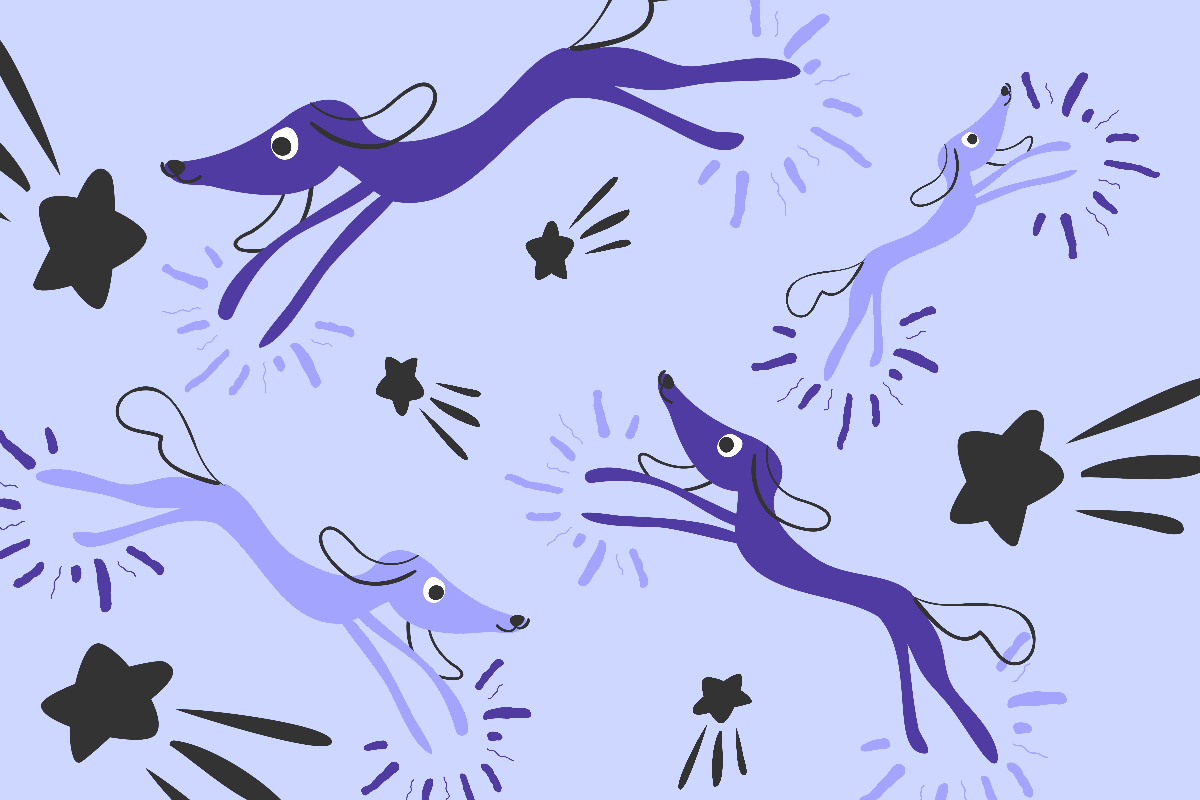
Why I no longer sit on my hands
When I was small I heard: “Will you sit still?!” , “You’re fidgeting!”
Then there was the one that changed everything …
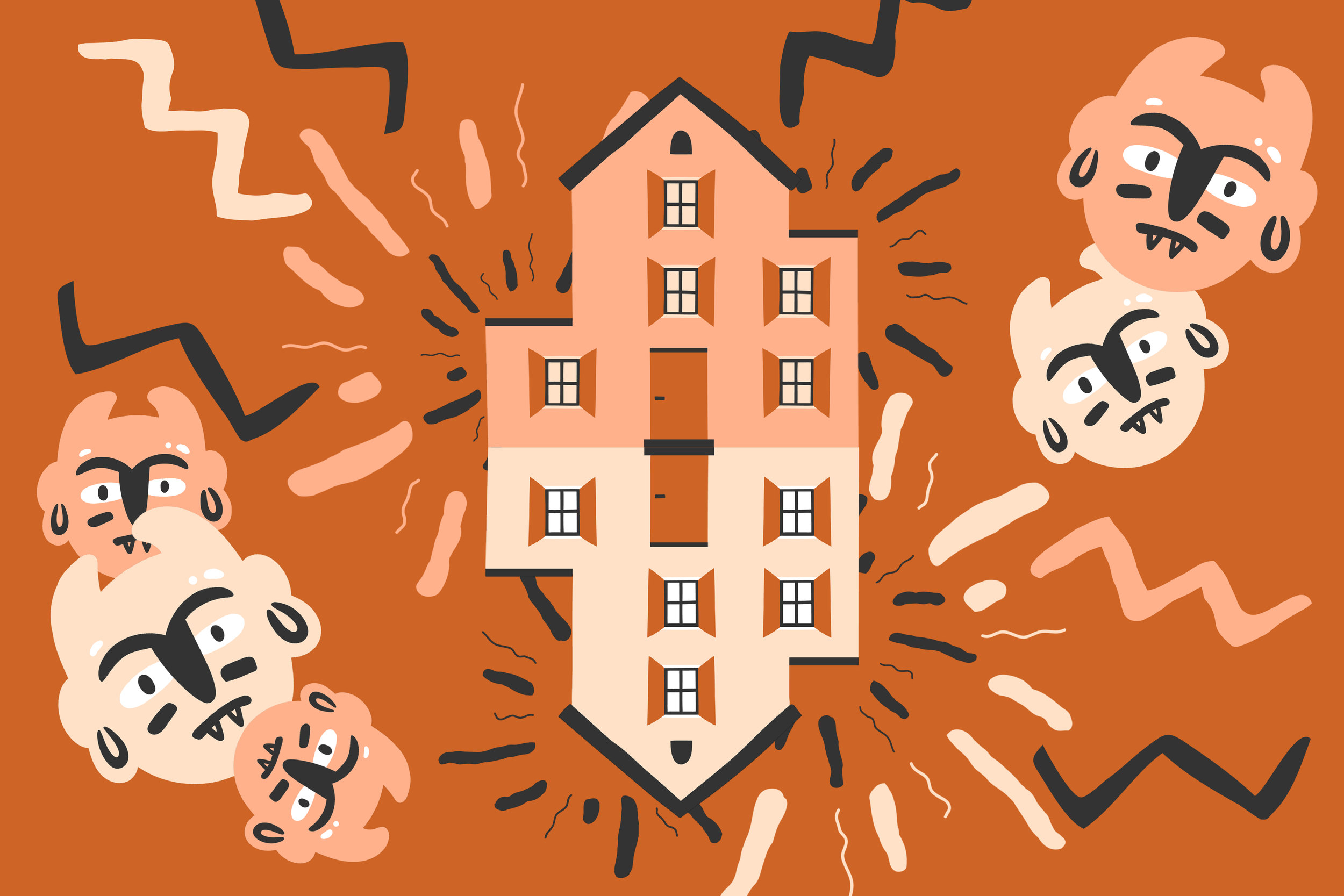
Is my environment making me sick?
As I write this I sit in my ground floor in Deptford, London. I grew up in this area and every street, crevice and cobbled alleys holds pieces of hazy memories from my youth. You see I was made in Deptford and now I feel as if the place that defined who I am is dying piece by piece, with each new edgy coffee shop and hairdresser my old stomping ground ceases to be.
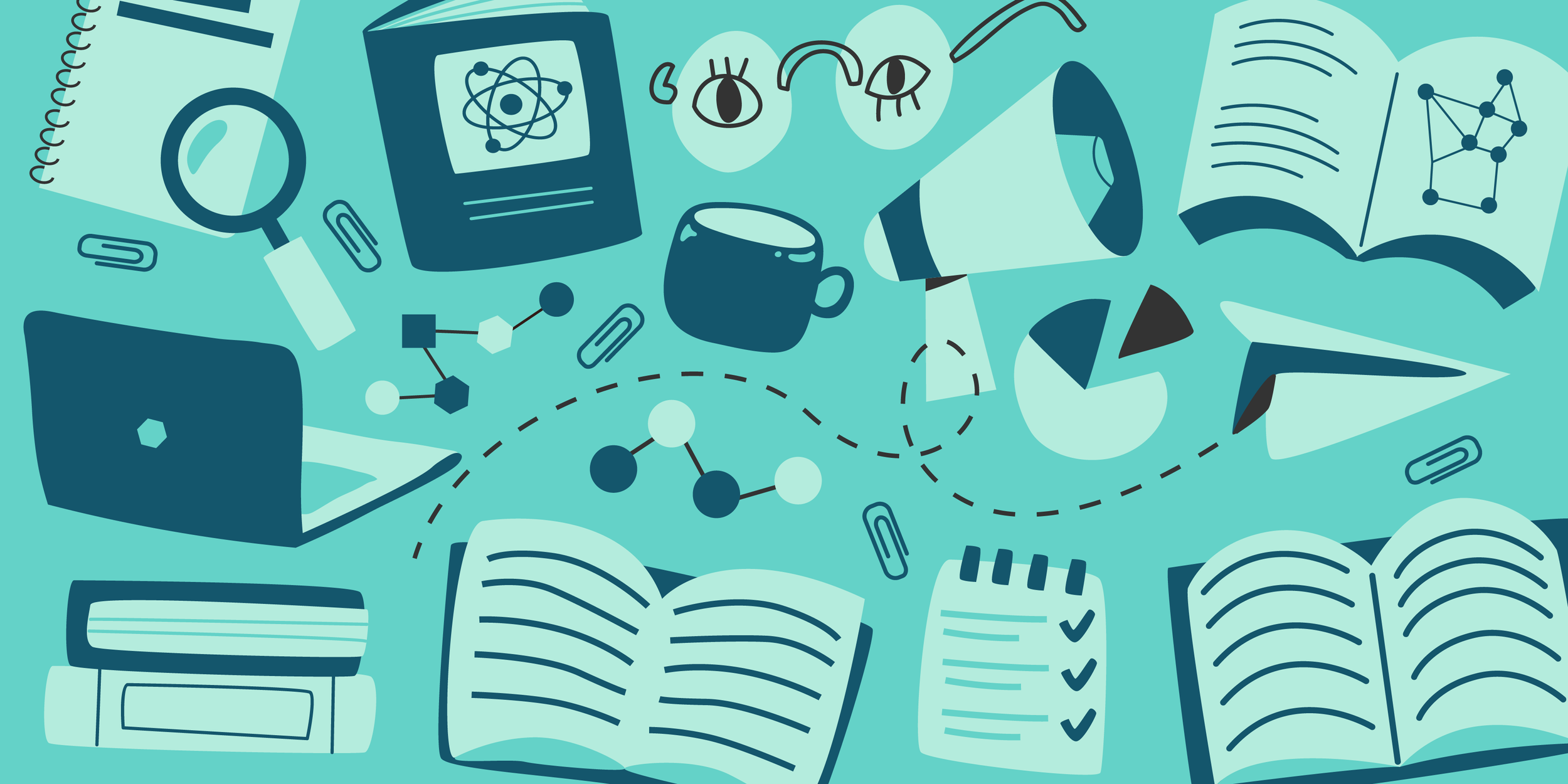
Autism Research - What’s New in May 2023?
This research roundup picks out some of the current big debates on autistic lives, and showcases some of the research from teams making an impact on improving the quality of life for autistic individuals.
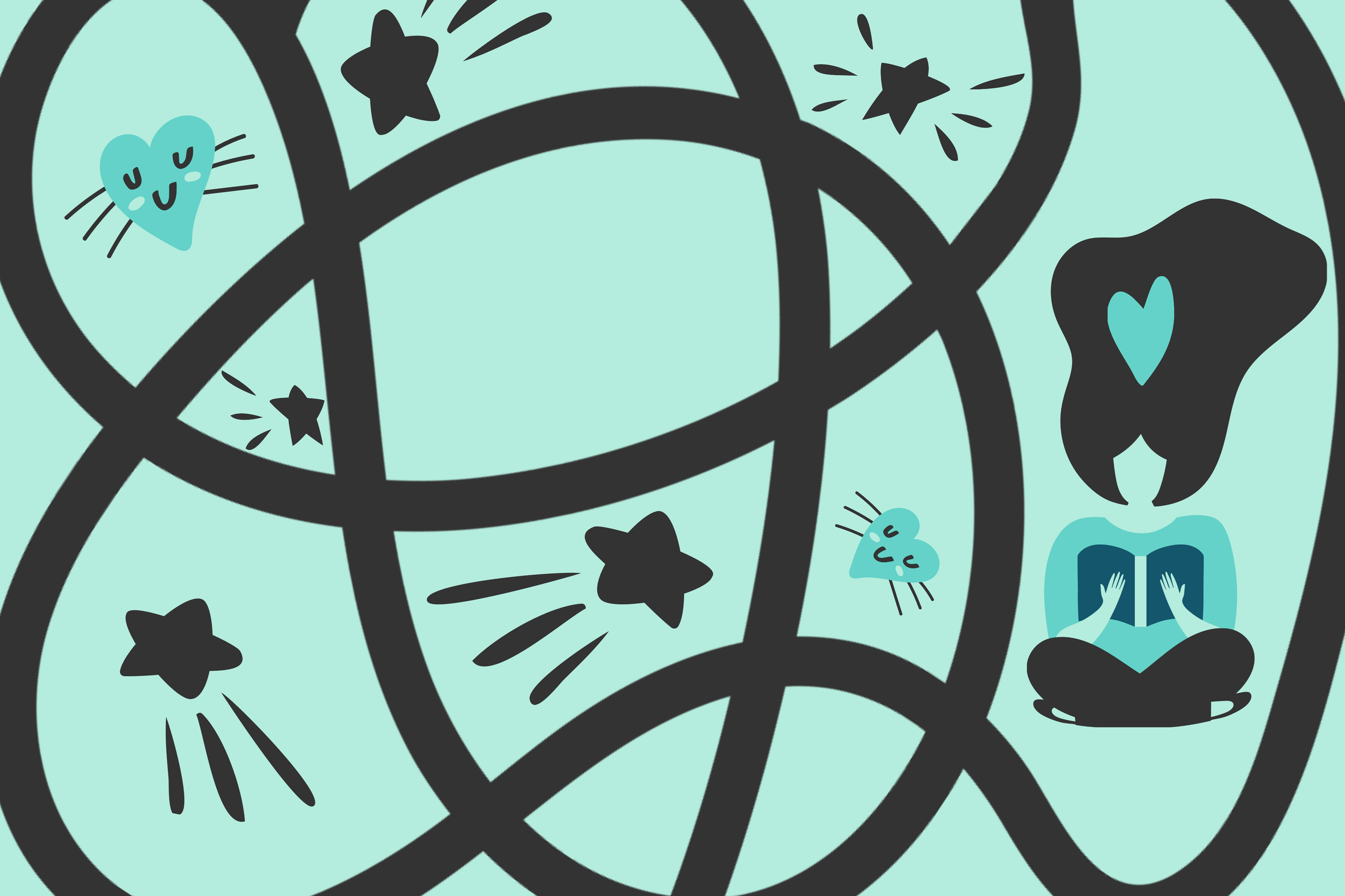
A neurodiversity paradigm lens on polyvagal theory
People keep asking me how the Autistic community views polyvagal theory. Right now, I can’t speak for the community’s perspective. People are just now learning about the theory, so we don’t have any consensus data from the Autistic community about agreement or disagreement. I can, however, speak for myself as an Autistic researcher and educator.
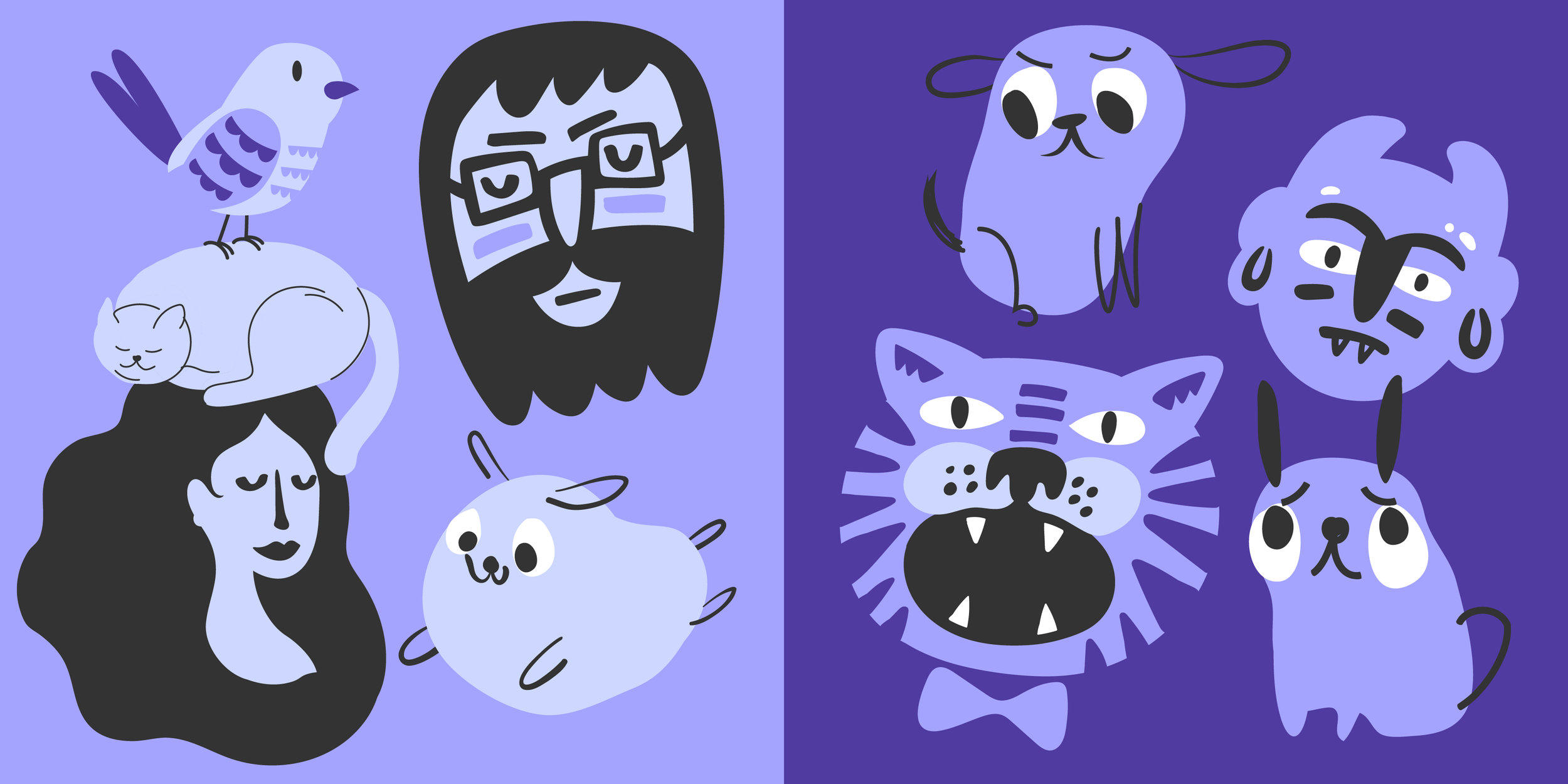
Autistic Traits vs Autistic Trauma
This list is based on my personal experience, with edits to my original list made after hearing from other #actuallyautistic people. I continue to be open to feedback from the autistic community regarding this list, and I will update or edit this post to reflect that feedback.
- ABA
- abuse
- accessible
- ADHD
- adults
- advocacy
- affirming
- aging
- assessment
- autism
- autistic parents
- black autistic
- building design
- burnout
- childhood
- children
- co production
- coercive control
- communication
- community
- culture
- depression
- Designing Homes for Sensory Differences Summit 2024
- diagnosis
- disability
- dyslexia
- eating disorders
- education
- empathy
- employment
- environment
- ethics
- executive functioning
- family
- friendships
- GCC Summit 2023
- gender
- grooming
- guidance
- health
- healthcare
- holiday
- housing
- human rights
- identity
- inclusion
- inpatient
- intersectionality
- joy
- language
- late diagnosed
- learning disability
- LGBTQIA+
- lived experience
- masking
- medicalisation
- meltdown
- mental health
- monotropism
- mothers
- nervous system
- newly diagnosed
- NHS
- OCD
- online
- pain
- parents
- PBS
- peer support
- play
- psychiatric care
- quality of life
- race
- racism
- reasonable adjustments
- relationships
- research
- resources
- routine
- school
- self diagnosis
- self regulation
- sensory environment
- sensory overwhelm
- sensory processing
- services
- sexism
- special interests
- spirituality
- stimming
- stress
- suicide
- support
- therapy
- training
- trauma
- trauma-informed
- women
- workplace
- young people
Got something to say?
We commission blogs from neurodivergent writers. We are particularly keen to hear from people of colour, older people, and non-speaking members of our community. Help us in our mission to amplify the views and voices that are most often left unseen and unheard.


